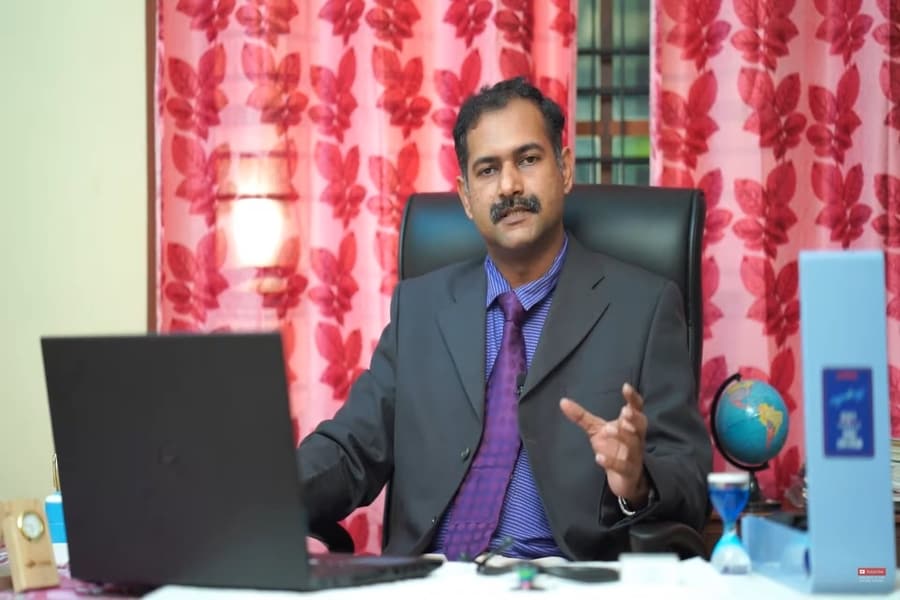
Did you know that high blood pressure affects your brain?
Know more about the impact of hypertension on the brain, and the importance of home-monitoring of blood pressure with Dr. KP Rajesh

It has long been established that high blood pressure is not good for the heart, but the fact that it is harmful for the brain has also been widely known. Hypertension can lead to atherosclerosis or a blood clot, and is a serious threat to the integrity of brain arteries, which may burst anytime due to extra build-up of pressure. A high blood pressure can cause several problems, including transient ischemic attack, stroke, dementia, and mid cognitive impairment. High blood pressure is the leading cause of strokes, both symptomatic and silent. The higher is the pressure, the higher is the risk. Reportedly, each 10 mm Hg rise in systolic pressure boosts the risk of ischemic stroke by 28% and of hemorrhagic stroke by 38%. However, on the reverse side, in round figures, a reduction of systolic blood pressure by 10 mm Hg, may cut the risk of stroke by a whopping 44%. Lifestyle modifications including a healthy diet, physical exercise, weight management, quitting smoking, limiting alcohol go a long way in managing the high blood pressure. Finally, medications should be used if more help is needed.
Issued in Public Interest by USV PVT LTD
Checking your blood pressure at home is an important part of managing high blood pressure. Various International organizations recommend that anyone with high blood pressure monitor his or her blood pressure at home. Self-monitoring can help your doctor diagnose high blood pressure earlier especially, if you have elevated blood pressure or another condition that could contribute to high blood pressure, such as diabetes or kidney problems. Monitoring blood pressure changes at home can help you to know whether your lifestyle changes or medications are working, and aid your doctor in making decisions about your treatment, such as adjusting dosages or changing medications. Blood pressure monitors are available widely and without a prescription, so home monitoring is an easy step toward improving your condition. Before you start, it's important to know the right technique and to find a good home blood pressure monitor. Also, home blood pressure monitoring is not a substitute for visits to your doctor. These monitors may have some limitations. However, if continued home monitoring shows your blood pressure is under control, you might be able to make fewer appointments with your doctor.
Disclaimer: The views, suggestions and opinions expressed here are the sole responsibility of the experts. No Forbes India journalist was involved in the writing and production of this article.




